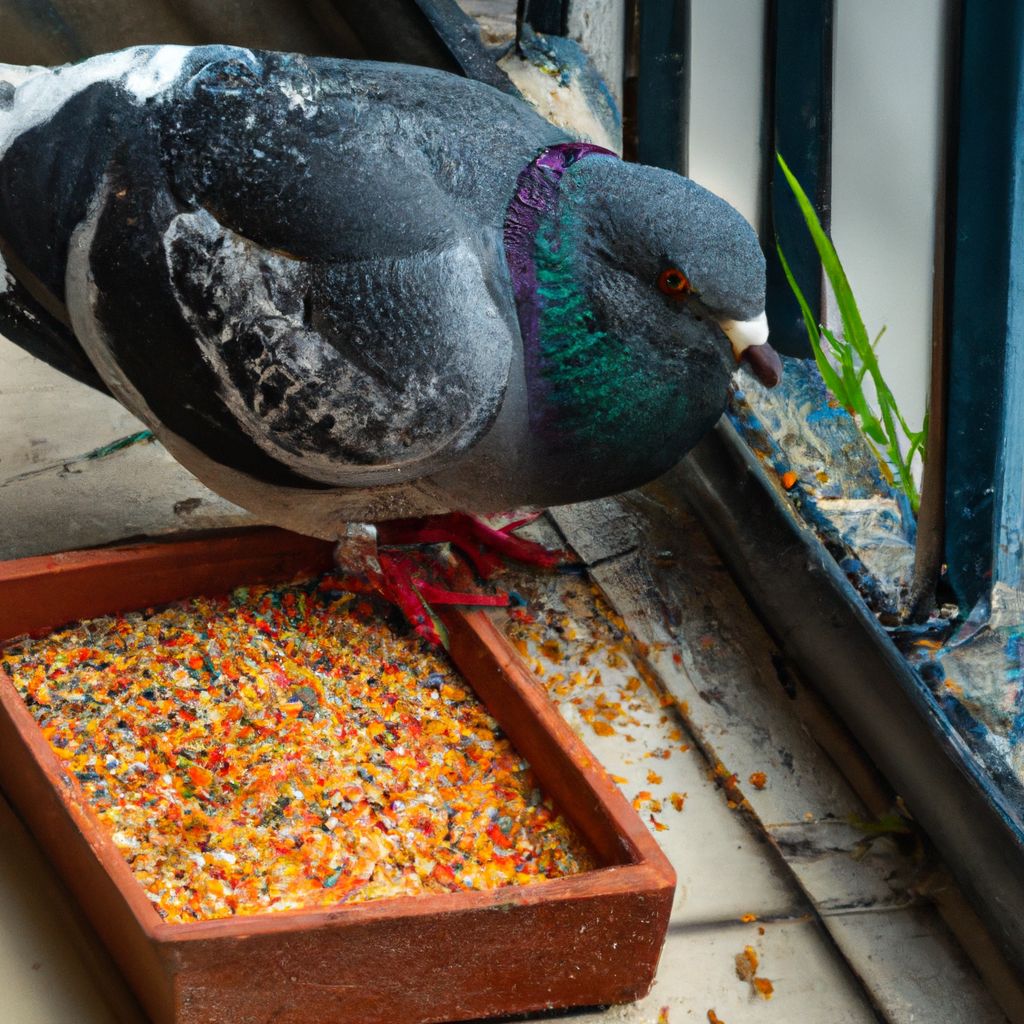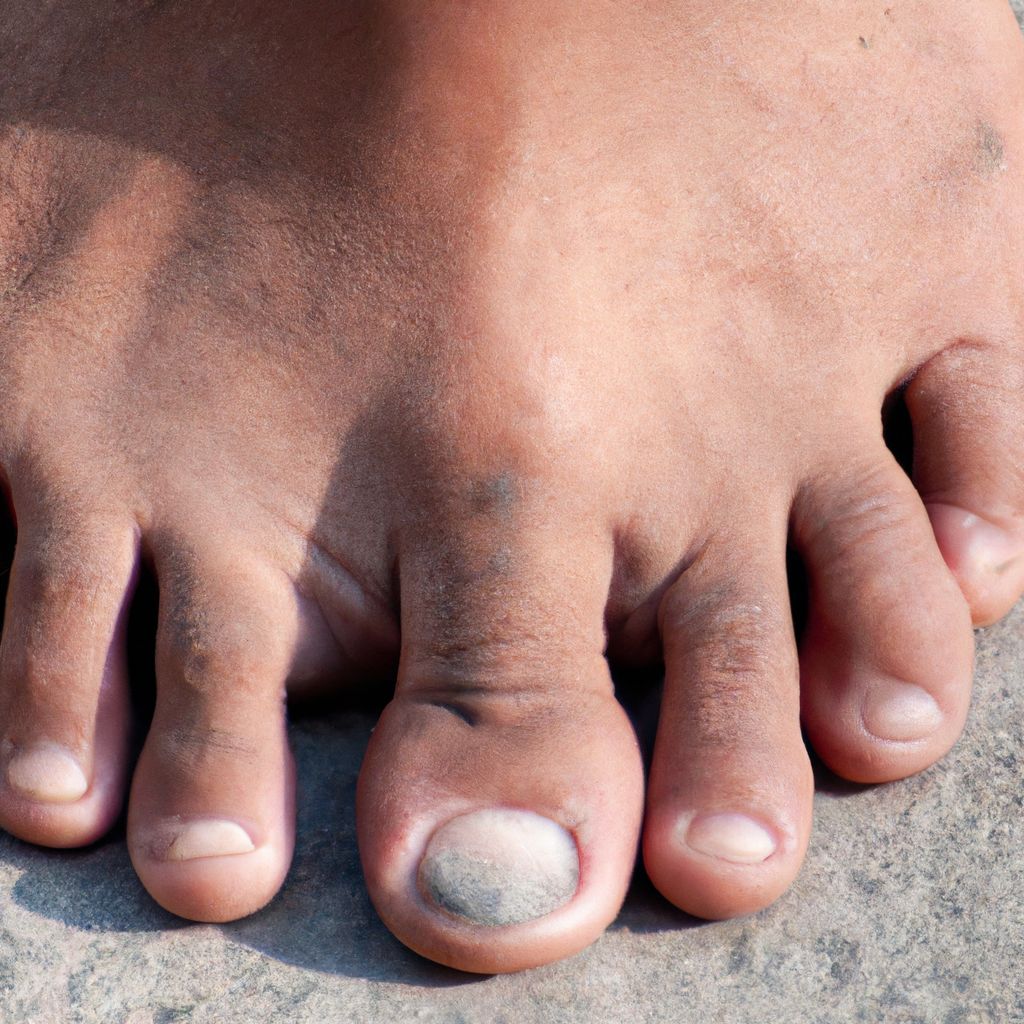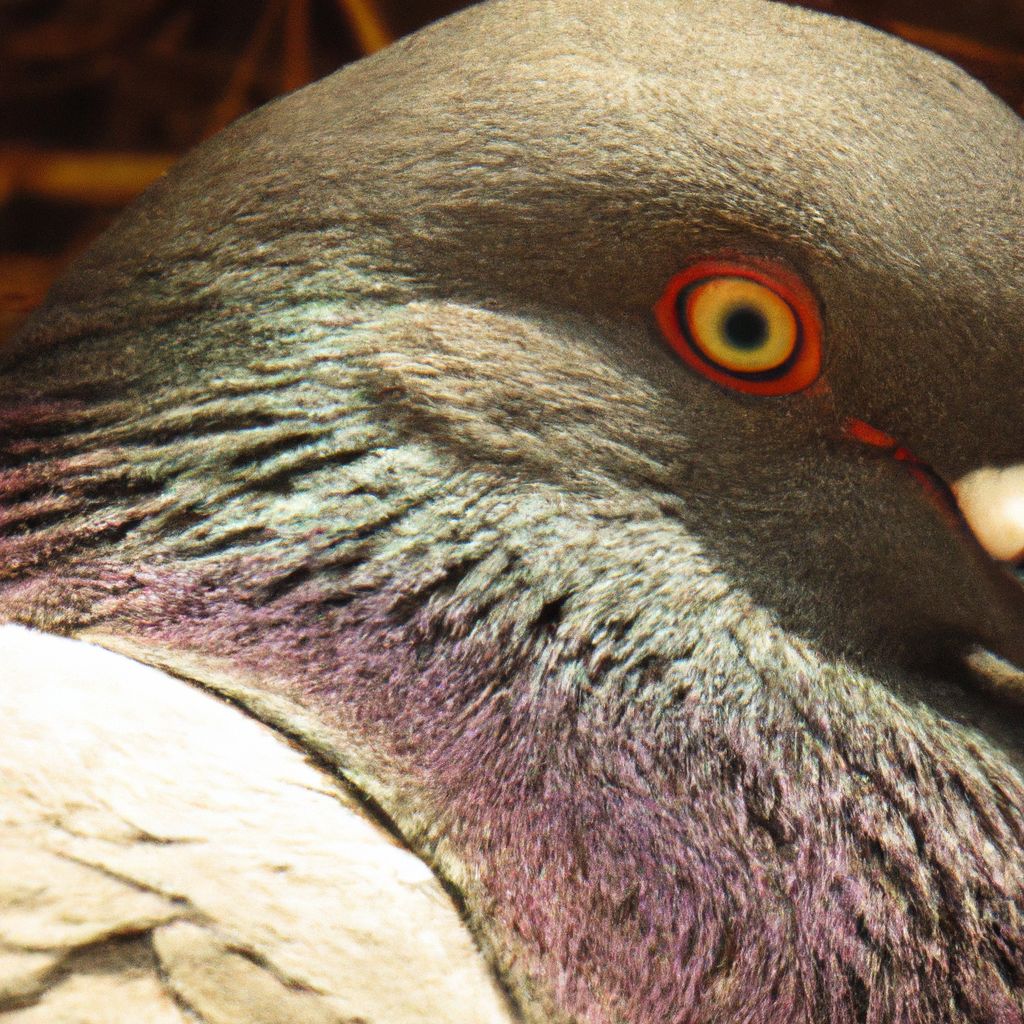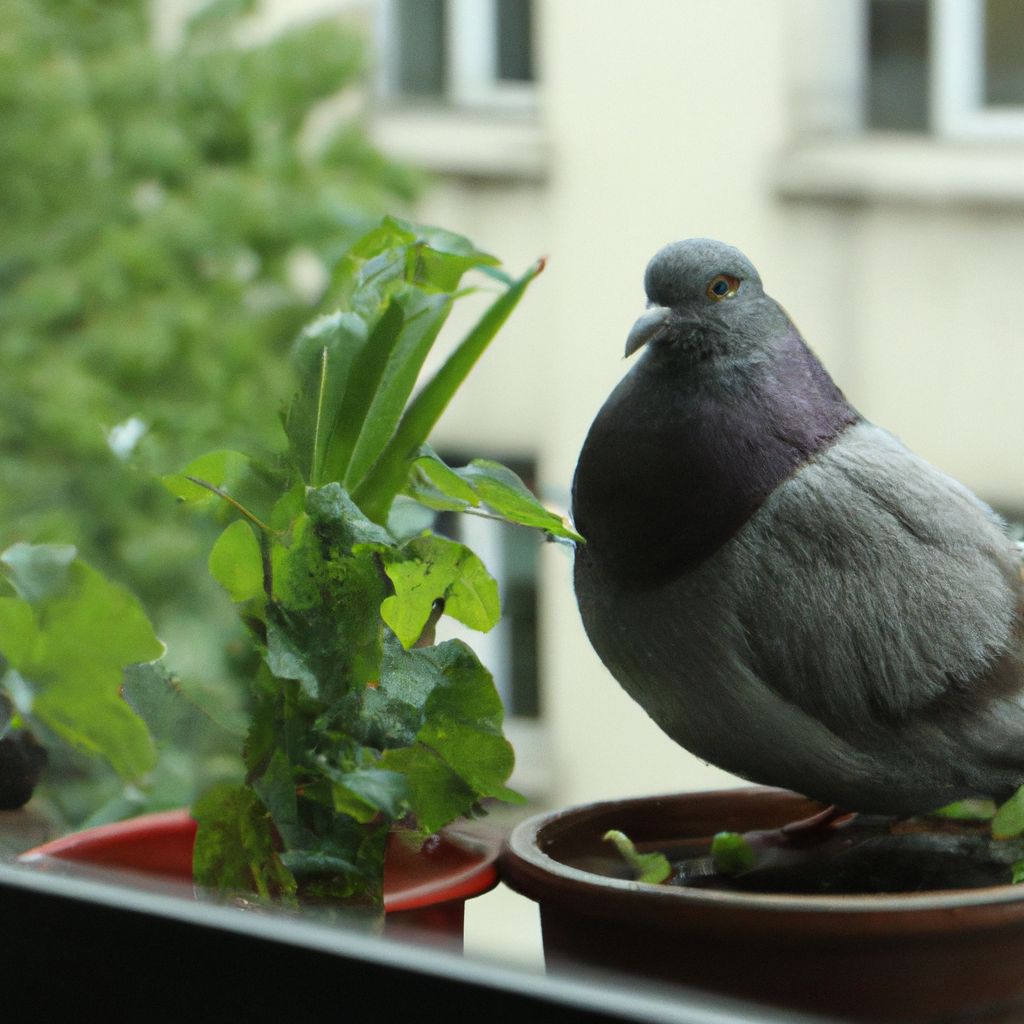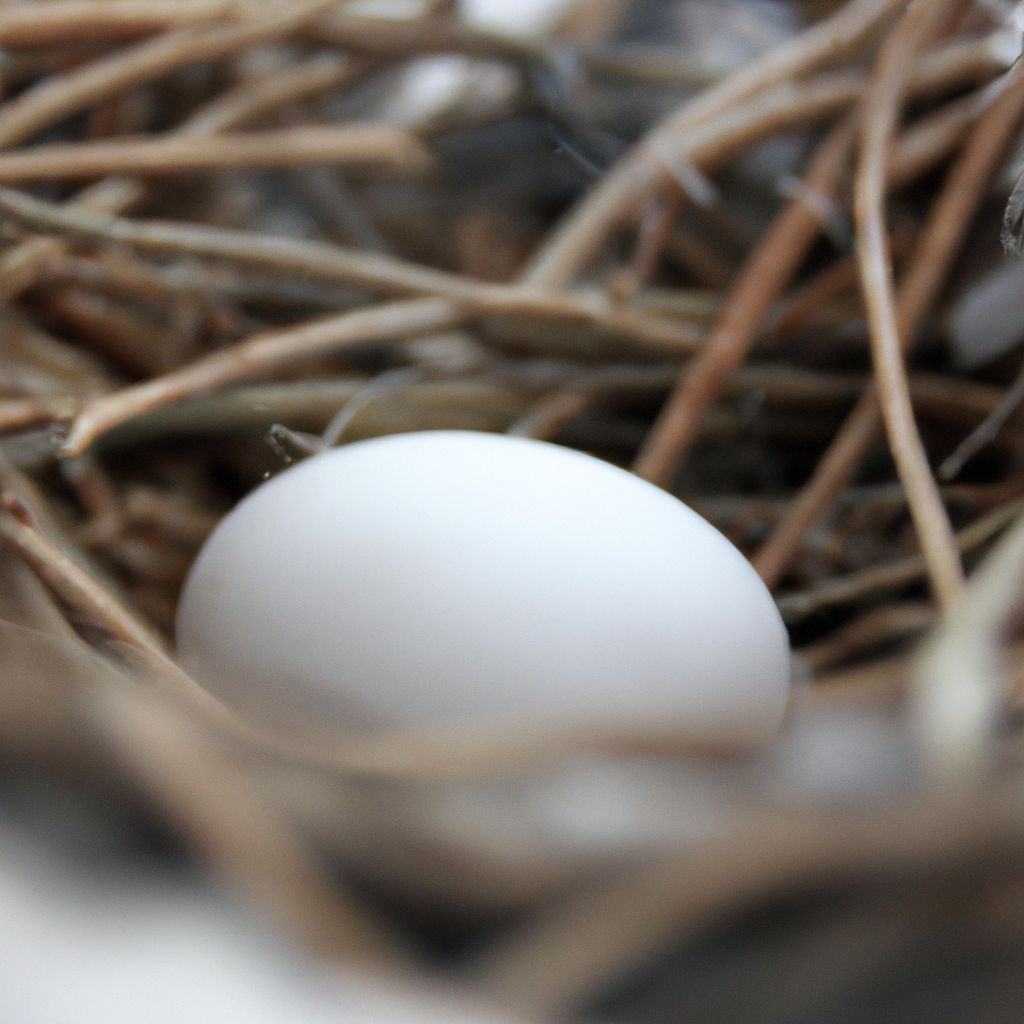Key Takeaways: Pigeons are adaptable and diverse eaters, with a varied diet in both the wild and urban environments. Feeding pigeons proper bird food, such as bird seeds and mixes from reputable sources like Kennedy Wild Bird Food, is important for their health and well-being. It is crucial to avoid feeding pigeons bread and other
Archivio Categoria: Questions About Birds
Key Takeaways: Pigeon pose stretches the hip flexors and lower back, improving flexibility and range of motion in these areas. Practicing pigeon pose can have positive mental and emotional effects, promoting relaxation and reducing stress and anxiety. To practice pigeon pose safely, it is important to listen to your body, avoid overextension, and modify the
Key Takeaway: Anatomical factors, such as a fixed pelvic structure and the curvature of feet due to bone structure, can cause pigeon-toed in adults. Muscle imbalances and weakness in the foot, ankle, and lower leg can also lead to pigeon-toed in adults, including weak muscles in the foot and ankle and the impact of weak
Key Takeaways: The duration of pigeon egg incubation is influenced by factors such as temperature and humidity. Providing optimal conditions for incubation is crucial for the successful hatching of pigeon eggs. The process of pigeon egg incubation involves nesting and egg laying by the parent pigeons, followed by a specific duration of incubation. Understanding this
Key takeaway: Pigeon-proofing solar panels is important to prevent potential issues caused by pigeons nesting on them. Methods of pigeon-proofing solar panels include bird spikes, netting/metal mesh, replica predators, and mesh netting as the best solution. Professional bird control services can help in implementing effective pigeon-proofing measures. Introduction Photo Credits: Chipperbirds.Com by Adam Johnson Importance
Key Takeaways: Recognize pigeon mating behavior: Understanding the signs that indicate pigeons have mated can help identify if a pigeon is about to lay eggs. Identify physical changes in female pigeons: Look for physical indicators, such as changes in the pigeon’s vent area or increased size and weight, which can suggest that egg-laying is imminent.
Key Takeaways: Taming pigeons requires creating a safe and quiet environment, as well as gathering essential supplies for their care. Building trust with pigeons involves speaking softly, approaching from the side, and using food as a bonding tool. Progressing with handling and touch requires gentle stroking, holding the pigeon, and training them to perch on
Key Takeaways: Taking care of a pigeon requires providing proper housing, such as an indoor cage setup or an outdoor coop or loft setup. A nutritious diet for pigeons includes commercial feeds and pellets, fresh vegetables and fruits, and treats and supplements. Maintaining cleanliness and hygiene is crucial for the health of pigeons, including regular
Key Takeaways: Cleaning pigeon poop is important due to the health risks associated with pigeon feces, including diseases like histoplasmosis and cryptococcosis. Pigeon poop can also cause aesthetic concerns and property damage, such as staining and corrosion. When cleaning pigeon poop, it is crucial to wear the right clothing and personal protective equipment to minimize
Key Takeaway: A pigeons egg takes approximately 17 to 19 days to hatch, with the female pigeon taking the primary responsibility for incubating the eggs. Factors such as temperature and humidity can affect the incubation period of pigeon eggs. Proper egg development can be determined by observing the shell color and the presence of blood

